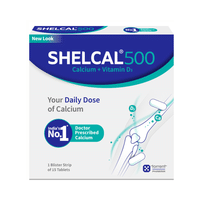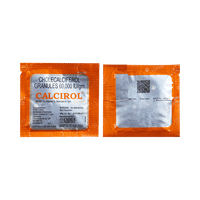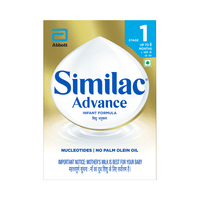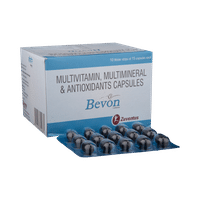Glowup 250mg Tablet

Rs.72.70for 1 strip(s) (10 tablets each)
food interaction for Glowup Tablet
alcohol interaction for Glowup Tablet
pregnancy interaction for Glowup Tablet
lactation interaction for Glowup Tablet
food
alcohol
pregnancy
lactation
Glowup 250mg Tablet may be taken with or without food, but it is better to take it at a fixed time.
Avoid Glowup 250mg Tablet with acidic food and beverages such as sugar, certain dairy products, fish, processed foods, fresh meats and processed meats,sodas and other sweetened beverages.
Avoid Glowup 250mg Tablet with acidic food and beverages such as sugar, certain dairy products, fish, processed foods, fresh meats and processed meats,sodas and other sweetened beverages.
CAUTION
Caution is advised when consuming alcohol with Glowup 250mg Tablet. Please consult your doctor.
CAUTION
Information regarding the use of Glowup 250mg Tablet during pregnancy is not available. Please consult your doctor.
CONSULT YOUR DOCTOR
Glowup 250mg Tablet is safe to use during breastfeeding. Human studies suggest that the drug does not pass into the breastmilk in a significant amount and is not harmful to the baby.
SAFE IF PRESCRIBED
SALT INFORMATION FOR Glowup 250mg Tablet
Nicotinamide(250mg)
Glowup tablet uses
{med_name} is used in the treatment of nutritional deficiencies.
How glowup tablet works
Glowup 250mg Tablet is a form of vitamin B that provides essential nutrients.
Common side effects of glowup tablet
No common side effects seen
SUBSTITUTES FOR Glowup Tablet
No substitutes foundExpert advice FOR Glowup Tablet
- Do not use nicotinamide in children.
- Caution should be observed if large doses are prescribed in patients with a history of jaundice, liver disease, or diabetes mellitus.
- Do not take nicotinamide along with fibrates (e.g. Clofibrate) and statins (e.g. Simvastatin) as it may cause rhabdomyolysis.
- Do not take nicotinamide along with alcohol.
- Caution should be taken in the use of supplements containing copper, which may cause severe heart defects (second or third degree heart blocks) in patients with chronic liver or renal failure.
- Tell your doctor if you are taking, have recently taken, or might take any other medicines.






















